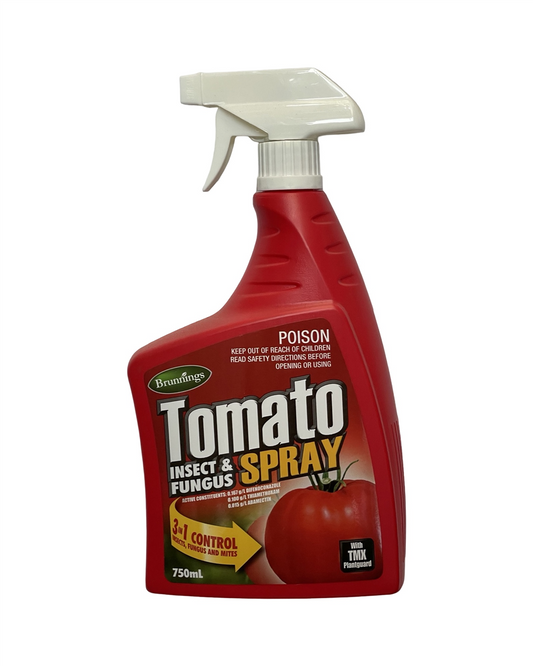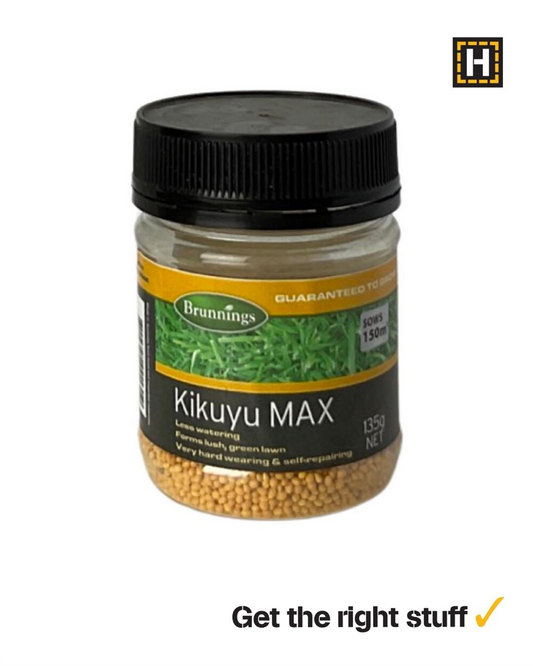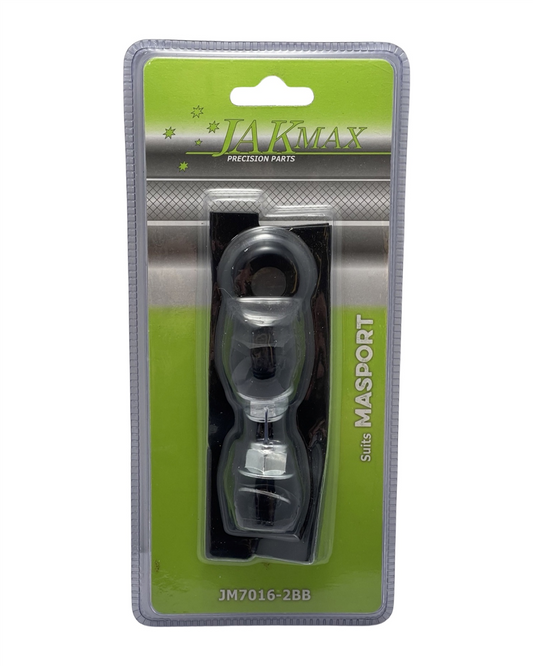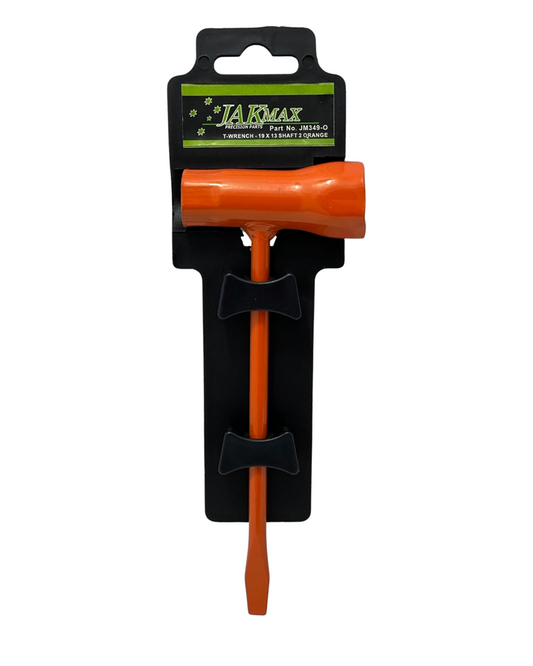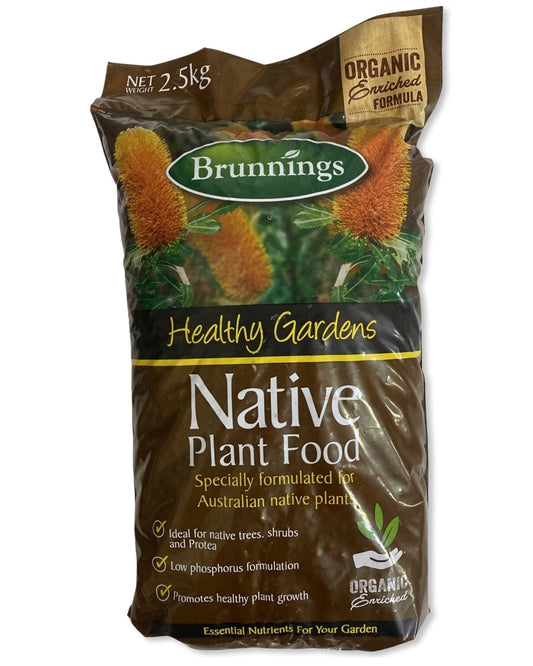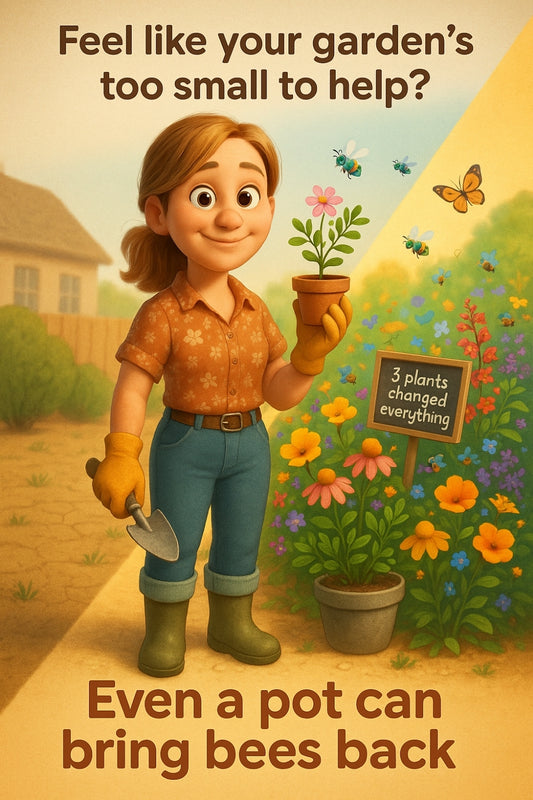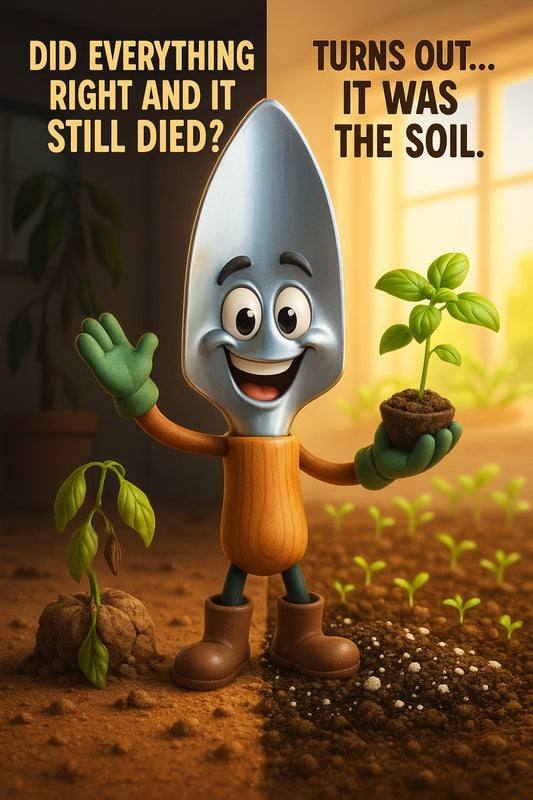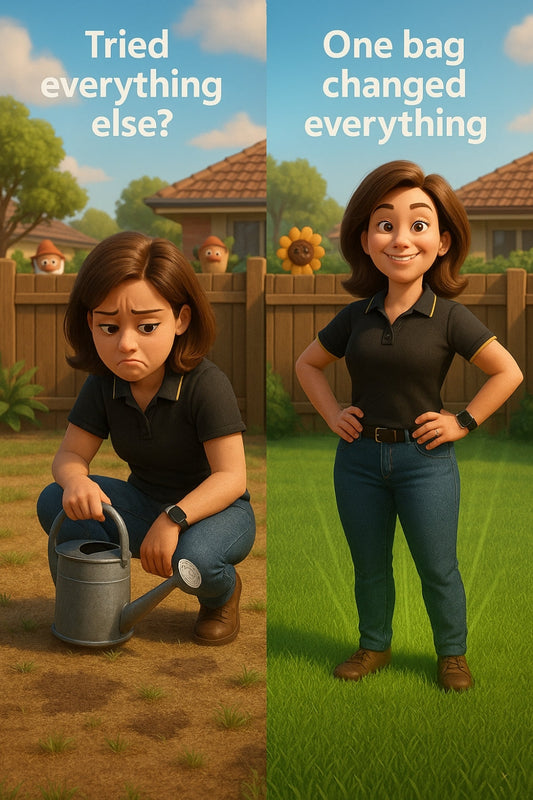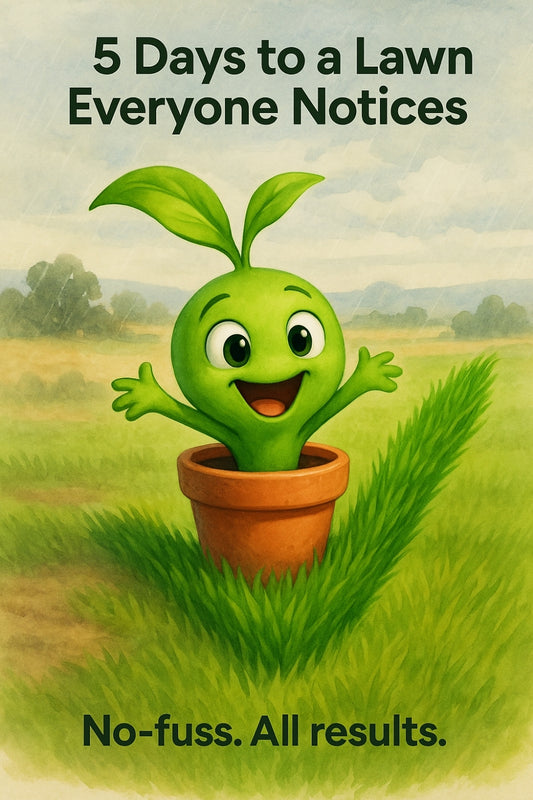The easiest way to protect your soil from erosion
Share
Simple Ways to Stop Soil Erosion and Keep Your Garden Thriving
Picture this: You’ve put your heart and soul into planting a beautiful garden, only to watch the topsoil slowly wash away every time it rains. Frustrating, right? Soil erosion isn’t just an eyesore; it impacts plant health, making it tricky for roots to establish and water to absorb. But don’t worry! Keeping your soil in place doesn’t require back-breaking labour or expensive solutions. Let’s dive into a few easy, beginner-friendly ways to protect your patch of earth.
1. Cover Up Bare Soil with Mulch
If your garden soil is exposed to wind and rain, it’s like a beach at high tide—slowly washing away little by little. A simple way to stop this? Covering up those bare patches with mulch. Mulch acts as a natural shield, keeping moisture locked in while preventing heavy rain from displacing soil.
Here are a few great mulch options:
- Wood chips – Perfect for garden beds and pathways.
- Straw or sugarcane mulch – A must-have for veggie gardens.
- Pea straw - Great for improving soil health while keeping erosion in check.
Spread a thick layer (about 5-8 cm), and voilà! Your soil gets an instant protective barrier.
2. Grow Living Plant Covers
Think of plants as nature’s net holding your soil in place. Their roots act like underground threads that grip the soil, reducing runoff. Fast-growing ground covers, shrubs, and grass can do wonders for stability.
Top picks for ground covers:
- Native grasses – Deep roots help with erosion and support local wildlife.
- Creeping thyme or ground cover daisies – Low-maintenance and beautiful.
- Sweet potato vine – Edible and spreads quickly!
Planting a mix of these will ensure your garden stays filled with lush greenery while keeping that soil right where it belongs.
3. Build Simple Garden Edges and Borders
Ever noticed how water follows the easiest path downhill? Redirecting that flow can prevent erosion from gaining momentum. Adding garden edging, small retaining walls, or even logs along slopes can slow things down and help water soak into the ground.
Try these:
- Natural logs or rocks – A great, low-cost way to create gentle terraces.
- Brick or stone paths – Helps redirect water while adding structure.
- Raised beds – Contain soil and prevent it from being washed away.
Small, strategic barriers can make a big difference in keeping your garden intact.
4. Use Water Wisely
Water flow plays a huge role in erosion, but managing it the right way can protect your soil. Instead of using high-pressure watering methods, opt for a gentle approach.
Tips for smart watering:
- Drip irrigation – Delivers water straight to the roots without washing soil away.
- Swales – Shallow trenches that guide water into the soil rather than letting it run off.
- Rain barrels – Collect rainwater and distribute it where needed.
Controlled watering not only reduces runoff but helps your plants absorb every drop they need.
5. Plant Trees and Shrubs for Long-Term Stability
For a long-term fix, trees and shrubs are your best allies. Their extensive root systems lock the soil in place and provide natural windbreaks to prevent topsoil from being blown away.
Great choices include:
- Native trees – Adapted to local soil and weather, making them easy to maintain.
- Dwarf fruit trees – Provide stability and fresh produce.
- Hardy shrubs – Keep slopes and soil in place year-round.
Planting even a few trees or shrubs can lead to noticeable improvements over time.
Time to Protect Your Garden!
Erosion doesn’t have to steal your hard work. With a few simple changes—mulching, planting ground covers, building barriers, managing water, and adding trees—you can keep your garden lush and thriving. Start small, experiment with different techniques, and soon, your garden will be more resilient than ever!
Need the right supplies to get started? Drop by Strathalbyn H Hardware Garden Centre and let’s chat about the best products for your garden. See you soon!
 Stay Connected
Stay Connected
Join our gardening community on Facebook: Urban Gardener's Notebook
And follow our Store Facebook Page: Strathalbyn H Hardware on Facebook

